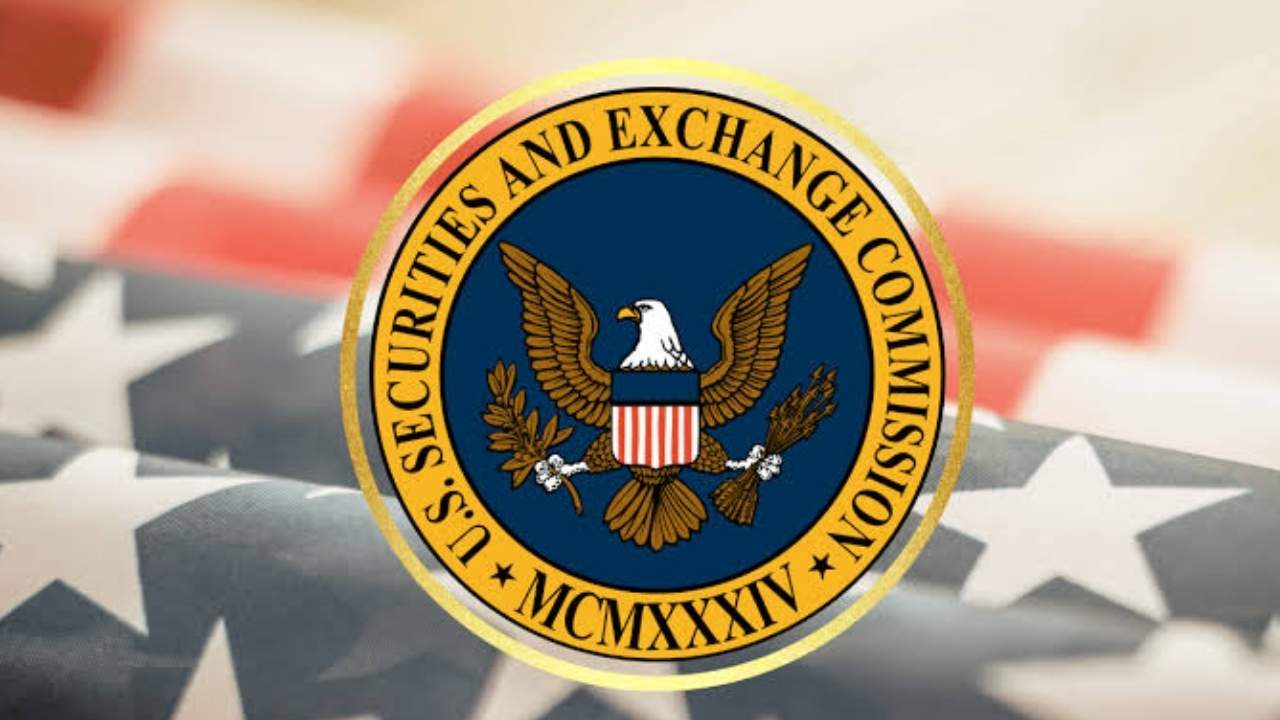Lawrence Jengar
Oct 01, 2025 08:39
A seismic shift is underway at one of cryptocurrency’s most influential companies as Ripple Labs’ Chief Technology Officer David Schwartz announced his …
A seismic shift is underway at one of cryptocurrency’s most influential companies as Ripple Labs’ Chief Technology Officer David Schwartz announced his departure from daily operations, marking the end of an era for the payments giant that has battled regulators and revolutionized cross-border transactions.
Schwartz, the mastermind behind the XRP Ledger’s architecture, revealed on September 30 that he will step down from his executive role by year-end after 13 transformative years with the company. The move sends ripples through the digital asset ecosystem, where Schwartz has been revered as one of the original architects of what would become the world’s fourth-largest cryptocurrency by market capitalization.
Strategic Transition Amid Growth Phase
The timing of Schwartz’s transition appears carefully orchestrated as Ripple emerges from its lengthy legal battle with the Securities and Exchange Commission. Rather than a complete departure, the veteran technologist will assume the newly created role of CTO Emeritus while joining Ripple’s board of directors, ensuring strategic continuity during a critical growth phase.
“This represents a natural evolution for someone who has given so much to this industry,” said Marcus Chen, senior blockchain analyst at Digital Asset Research. “Schwartz isn’t abandoning ship—he’s positioning himself to guide Ripple’s long-term vision while creating space for the next generation of leaders.”
Dennis Jarosch, Ripple’s senior vice president of engineering, will assume technical leadership responsibilities, according to industry sources familiar with the transition. The handover reflects Ripple’s confidence in its institutional depth and technical capabilities as it expands its global payments network.
Personal Motivations Drive Decision
In his announcement, Schwartz cited family commitments and a desire to pursue personal projects that had been sidelined during his intensive tenure at Ripple. The decision reflects a broader trend among crypto industry veterans seeking work-life balance after years of navigating regulatory uncertainty and market volatility.
“After more than a decade of being deeply embedded in daily operations, I’m ready to step back and spend more time with family while still maintaining my commitment to the XRP community,” Schwartz explained in his public statement.
Market analysts suggest the transition was long-planned rather than reactive. Schwartz has been gradually reducing his operational involvement while increasing his focus on research and development initiatives outside Ripple’s core business operations.
Market Response and Price Impact
XRP’s price exhibited modest volatility following the announcement, trading around $2.85 to $2.86 on major exchanges—a decline of approximately 1.5% over 24 hours. The relatively muted market reaction suggests investors view the transition as positive organizational development rather than a concerning leadership exodus.
“The market’s measured response indicates confidence in Ripple’s institutional strength,” noted Sarah Williams, cryptocurrency strategist at Blockchain Capital Partners. “Schwartz’s move to the board actually provides more strategic oversight, not less leadership.”
The cryptocurrency maintains its position as the fourth-largest digital asset by market capitalization, benefiting from growing institutional adoption of Ripple’s payment solutions and increasing clarity around regulatory frameworks.
Legacy and Future Impact
Schwartz’s influence extends far beyond Ripple’s corporate structure. As co-architect of the XRP Ledger, he helped create the technological foundation for what has become one of the most widely adopted blockchain networks for financial institutions. His research and advocacy have been instrumental in establishing XRP’s reputation as an efficient, low-cost solution for cross-border payments.
The transition comes as Ripple accelerates its expansion into new markets and payment corridors. Recent partnerships with major financial institutions across Asia and Europe have positioned the company for significant growth in the post-litigation landscape.
CEO Brad Garlinghouse praised Schwartz’s contributions, describing him as a “true crypto pioneer” whose impact will continue to influence the industry for years to come. The leadership team expressed confidence that Schwartz’s board position will provide valuable strategic guidance while allowing operational teams greater autonomy.
Industry Implications
Schwartz’s career transition reflects the cryptocurrency industry’s maturation as founding figures move into advisory roles while professional management teams assume operational control. This evolution mirrors similar patterns in traditional technology companies where technical founders gradually shift to strategic oversight positions.
The move also signals Ripple’s confidence in its post-SEC settlement trajectory. With regulatory clarity improving and institutional adoption accelerating, the company appears positioned to capitalize on growing demand for efficient cross-border payment solutions.
Industry observers expect Schwartz to remain active in XRP Ledger development and community engagement, potentially pursuing independent research projects that could benefit the broader ecosystem. His continued involvement through the board ensures that Ripple maintains connection to its technological roots while embracing its evolution into a mature financial services company.
Image source: Shutterstock
Source: https://blockchain.news/news/ripples-tech-chief-transitions-to-board-role-after-1001


